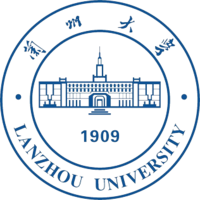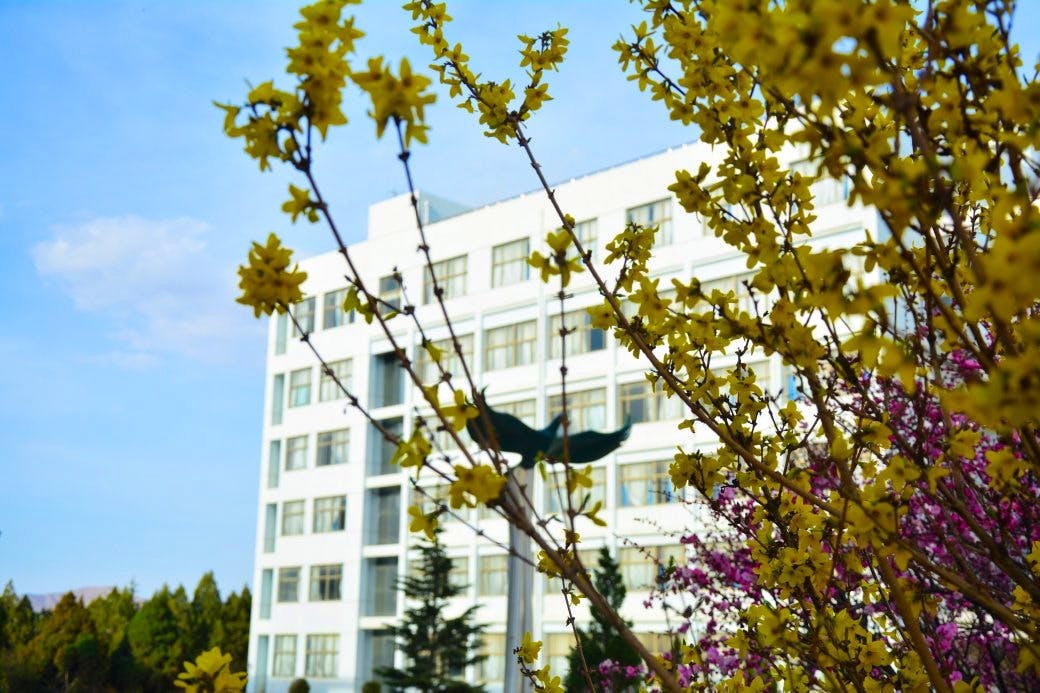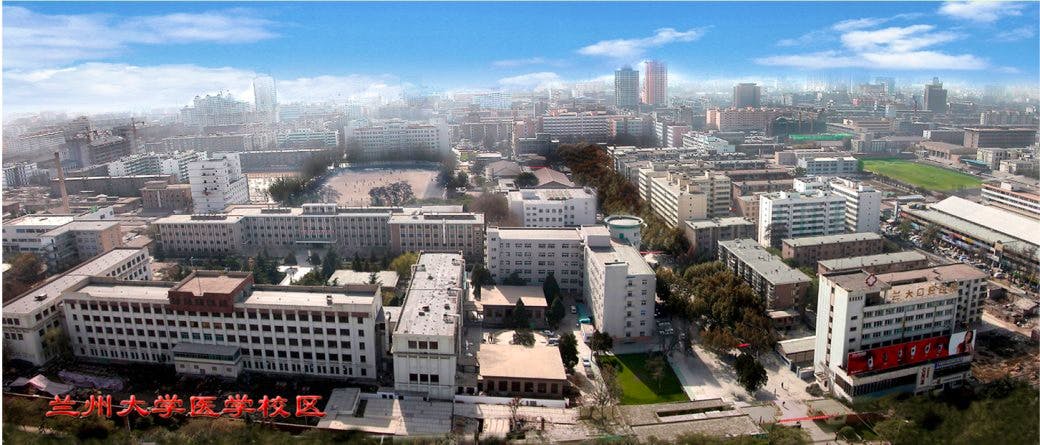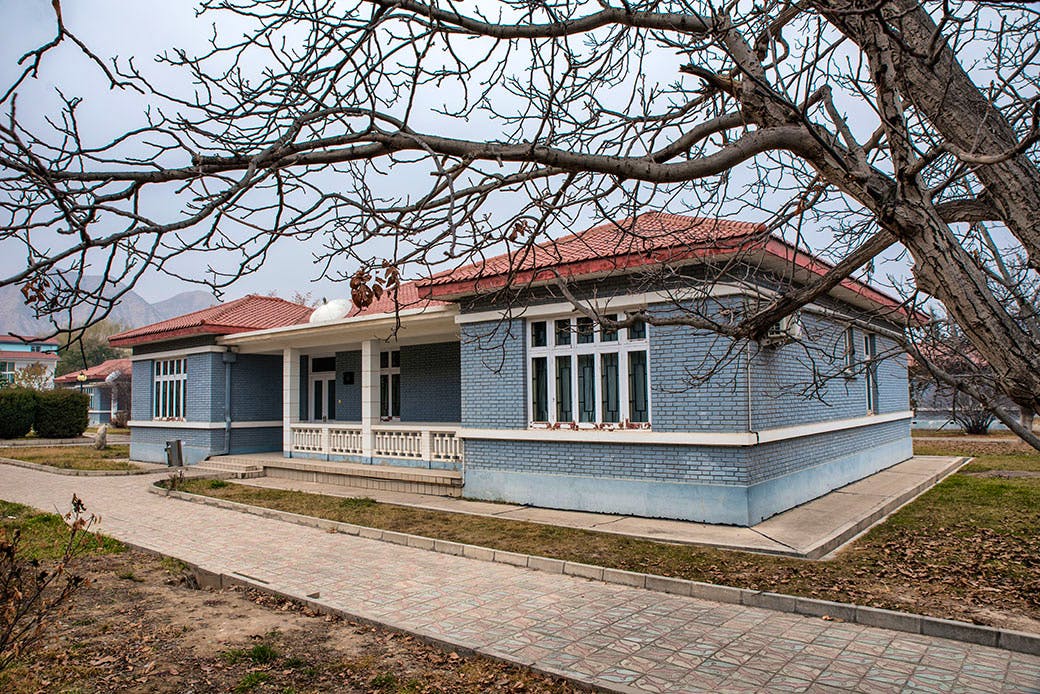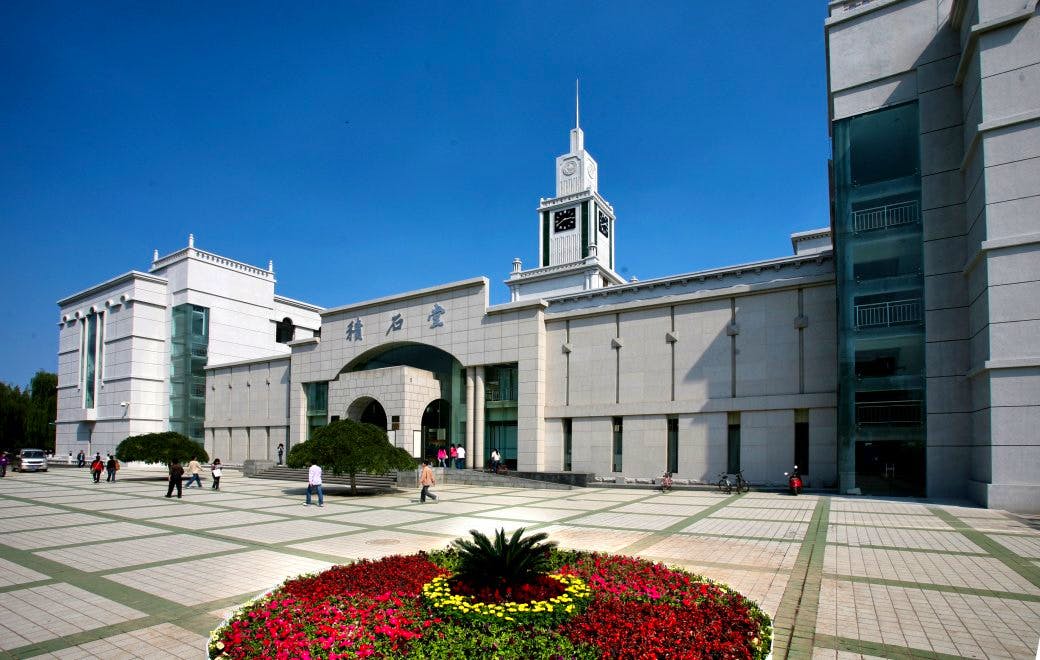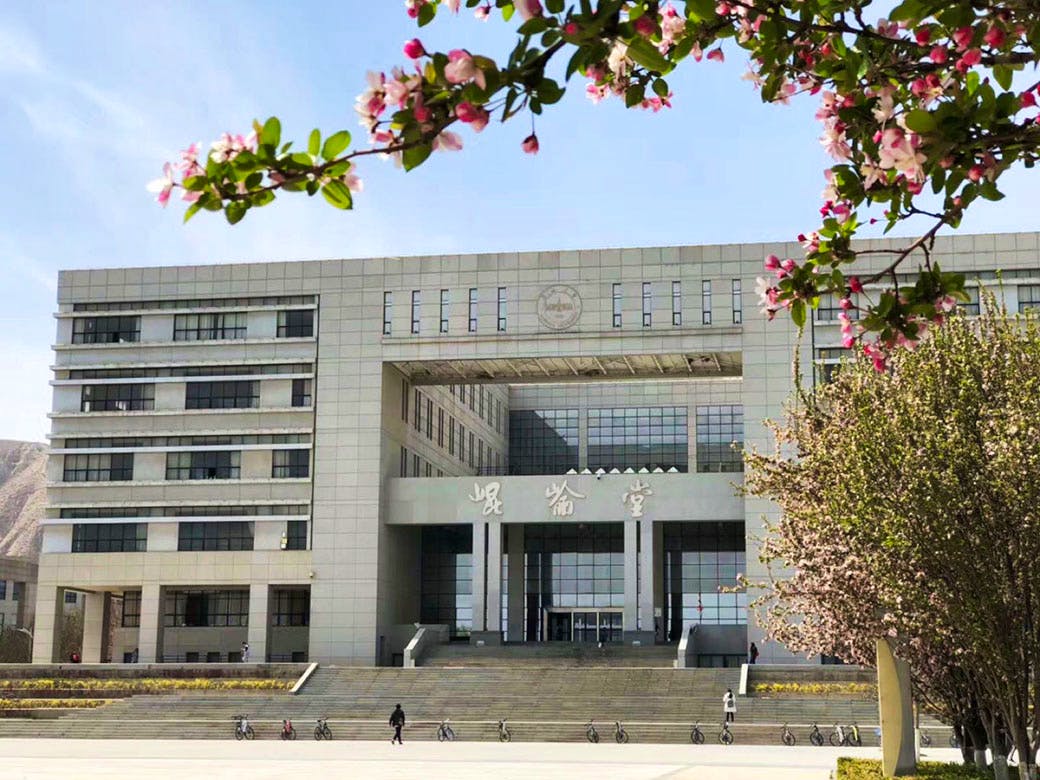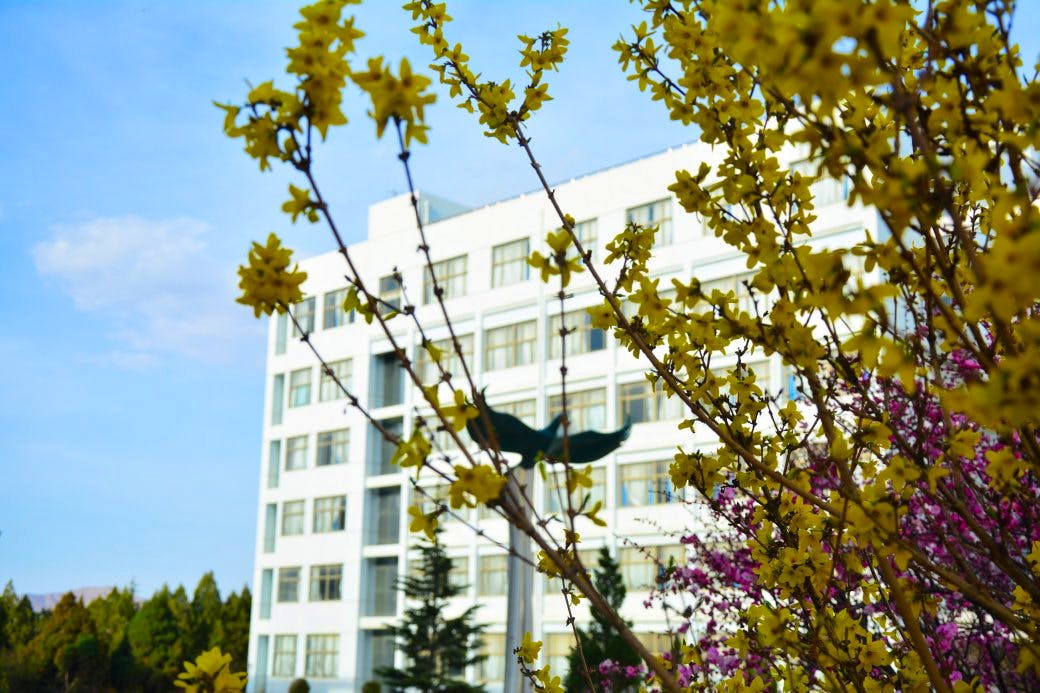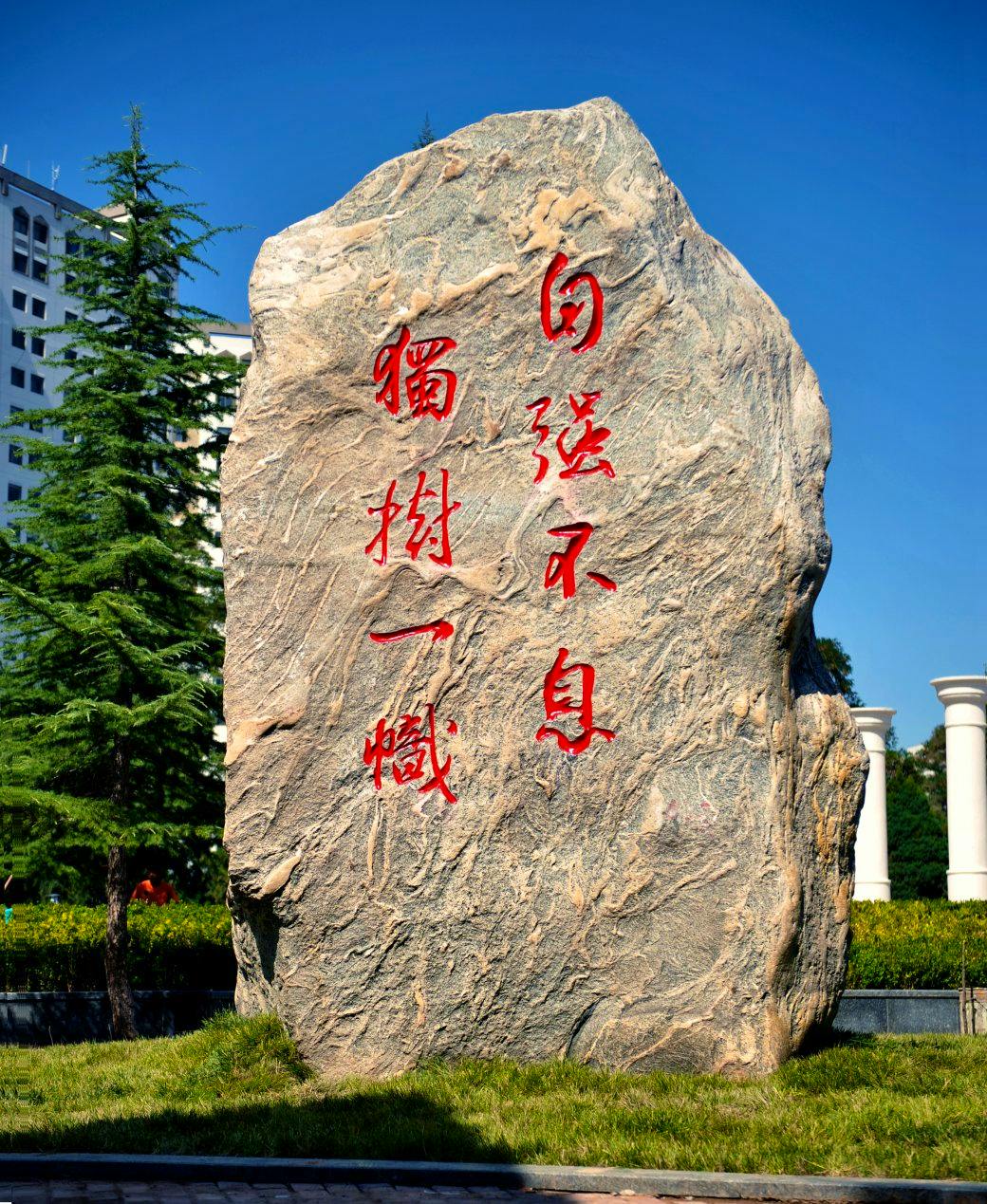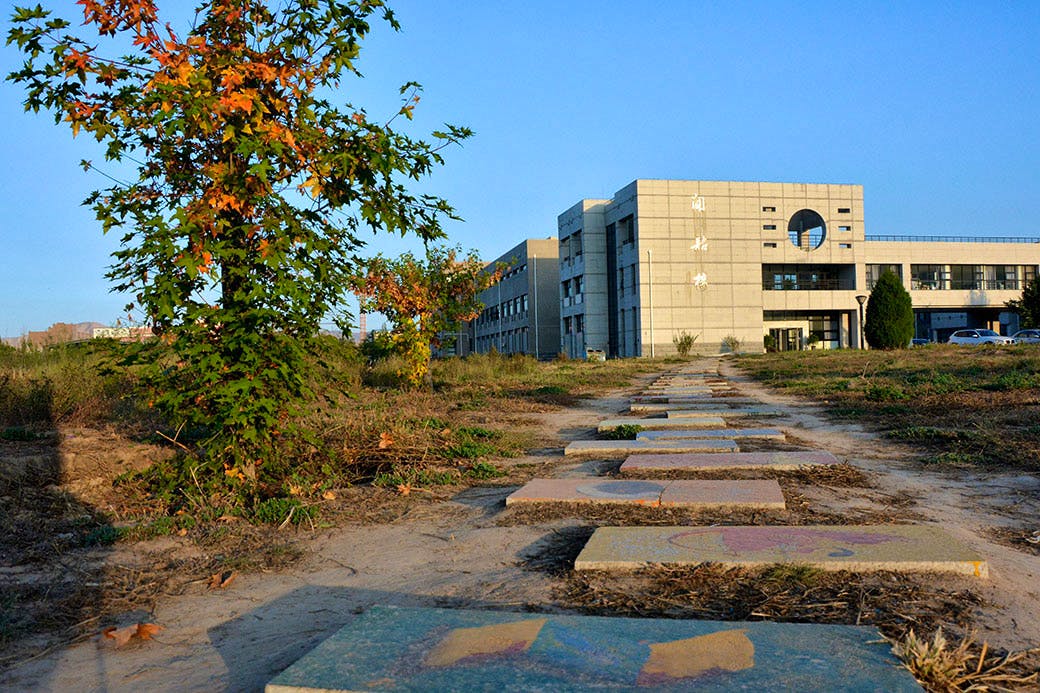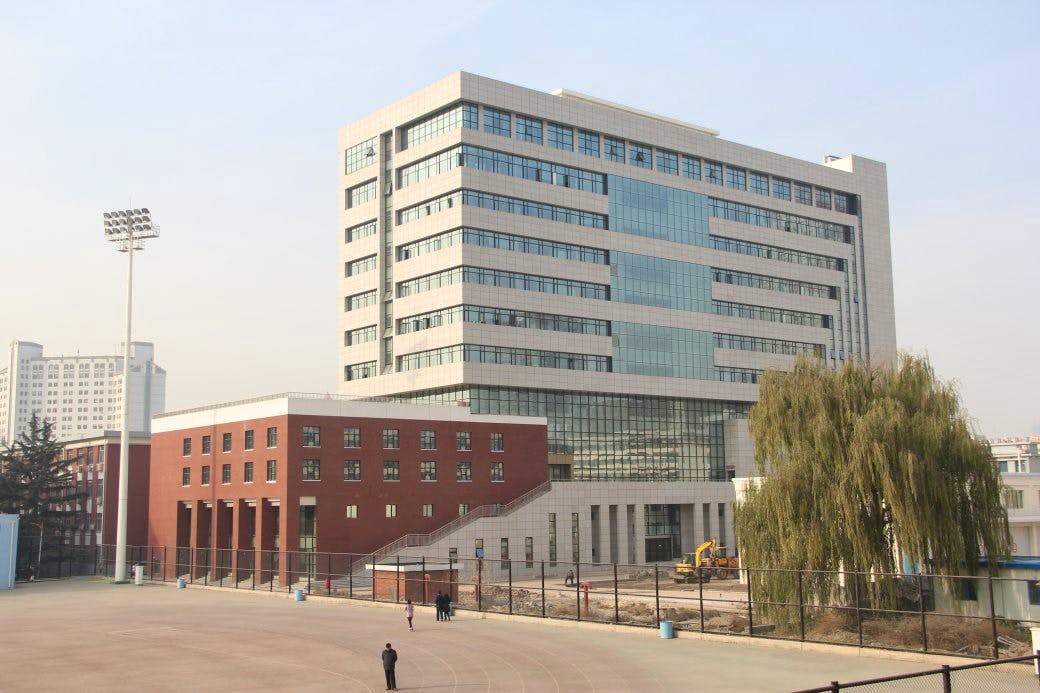Introduction
As the national comprehensive university under the direct authority of the Ministry of Education, Lanzhou University(LZU)is one of the universities supported by the "Project 985" and “Project 211”.
Founded in 1909, the predecessor of LZU was Gansu Law and Politics School, which marked the beginning of modern higher education in Gansu Province and pioneered higher education in the Northwest region. In 1928, Gansu Law and Politics School were expanded into Sun Yat-sen University of Lanzhou and in 1945, National Lanzhou University. After the founding of the People’s Republic of China, by pursuing the education strategy of the Communist Party of China and insisting on the right direction of development, it grew bigger and became well established within a short period of time. During the process of adjusting the departments of higher institutions, LZU was identified as one of the fourteen comprehensive universities in China. Guided by such strategic goals as “developing the northwest region” and “establishing strategic base”, it has grown into a university with strategic significance, embarking on the historic mission of training high-level talents for the country, especially in the west region of China, and developing science, technology, and culture. Since the reform and opening-up initiative was adopted, by seizing the historic opportunity brought by such strategies as “rejuvenating our country through science and education” and “strengthen the nation with trained personnel”, as well as such projects as “Project 985” and “Project 211” implemented at the national level, LZU has enhanced its standard across the board guided by the principle of liberating the minds and driven by reform and opening up. In 2002 and 2004, Gansu Grassland Ecology Research Institute and Lanzhou Medical College were successively incorporated into LZU, which further enriched its disciplines and made its comprehensive advantage even more prominent and ushered into the stage of rapid development in its history. With its long history, strength in running school and outstanding performance, it ranked among the top universities in China.
About Lanzhou
Lanzhou, the capital of Gansu province, is not only the political, economic and cultural center but also the center of the northwest in terms of transportation and telecommunication. Lanzhou, known as the Yellow River and the Silk Road, used to be a key point on the ancient Silk Road and played an important role in cultural exchanges between East and West, and besides, it is the only capital city where the Yellow River runs through from the west to east. Lanzhou is surrounded by hills overlooking the river to form a unique and beautiful urban landscape.
Lanzhou, which is at longitude 102°35'58"-104°34'29" east and latitude 35°34'20"-37°7'7" north, is located in the central region of Gansu, the geometric center of China as well as the center of the northwest.
Lanzhou, encompassed by mountains, is among the top ten well-known summer resorts and tourist cities with unique and charming scenery, and it lies in the Yellow River valley basin on the northeast side of Tibetan Plateau. The altitude of downtown is about 1520 meters. The Yellow River is flowing through the city from west to east, forming a dumbbell-style basin valley which is about 60 kilometers long from east to west, and 2-10 kilometers wide from north to south.
Lanzhou, blessed with a mild climate, has a temperate continental climate. It is neither too hot in summer nor too cold in winter. The annual average precipitation is around 327mm while the annual average temperature is 10.9 ℃.
Lanzhou is the hub of commerce on the ancient Silk Road and celebrated "Tea Horse trade" from time immemorial, and moreover, nowadays it is regarded as an important traffic hinge along the Eurasia Bridge. With the reform and opening-up policy being deepened, Lanzhou has developed friendly co-operative relations and has built a sister city with many other cities. As one of the 32 national logistics centers, Lanzhou witnesses the improvement of the multi-layered and normalized market system, the enhancement of the current service function, and the structure of the large market, extensive commerce and vast circulation being initially taken place, which owed to opening the Eurasia Bridge and building the north-western Trade Center. Being represented by Lanzhou Fair for Investment and Trade, the brand of trade interactions which is one of the leading fairs for investment and trade has developed into international and specialized large-scale exposition, and furthermore, it is referred to as an important carrier of attracting investment and window opening to the outside world.
Campus
Occupying around 583 acres of land in total, LZU has two campuses and three affiliated hospitals. Also, it has a total of 19,775 undergraduates, 10,572 postgraduates and 2,559 doctor candidates. There are 3,718 faculty members, including 2,135 full-time teaching faculty, 836 administrative staff and 142 post-doctoral researchers (including 45 post doctors reserved as teaching staff). There are 588 professors and 927 associate professors. In clinical medicine, there are 101 professors and 252 associate professors. LZU has 1,695 graduate students’ supervisors, composed of 578 supervisors for doctoral candidates and 1,117 supervisors for postgraduates. Notably, 15 teachers are elected academicians of the Chinese Academy of Sciences and the Chinese Academy of Engineering; 10 are appointed as leading talents of the “Ten Thousand Talents Plan”. There are 18 distinguished professors awarded by the “Yangze River Scholars Program”, 22 winners of National Outstanding Youth Fund, 12 candidates selected in the National Millions Program, 8 leading young talents of the “Innovation Talents Development Project”, 4 teaching master of higher education admitted by the Ministry of Education, 5 leading youth talents of “Ten Thousand Talents Plan”, 4 young candidates of “Yangtze River Scholar Program”, 23 winners of the National Science Fund for Outstanding Young Scholars, 110 "New Era Talents" admitted by the Ministry of Education, 27 teaching master of higher education admitted by Gansu Province and 88 leading personnel recognized by Gansu Province. LZU also boasts 4 Innovative Research Groups of NSFC (National Science Fund Committee), 8 Innovative Teams of the Ministry of Education, 7 Higher Education Talents-introducing Bases for Disciplinary Innovation and 5 Celebrated Teaching Teams on a national level.
University Research
In recent years, by aligning itself with the national goals and formulating its development strategy based on the distinctive features of the northwest region, LZU has been vigorously cultivating new growth engines for disciplines. As a result, LZU has greatly improved its capacity to undertake national key programs and serve the local development in social and economic fields. Meanwhile, LZU has obtained a total of over 700 scientific research awards of China, Ministry and Commission and Gansu Province, and published more than 1,400 monographs, textbooks, and translations. Besides, it published 1,613 papers in SCI journals with the first unit, ranking the 42nd among all Chinese University in 2017; 13,010 papers in SCI journals from 2008 to 2017, with a total citation of 183,464 times and in average 14.1 on average for each, ranking the 26th among all Chinese University. In November 2018, Thomson Reuters updated the database of ESI(Essential Science Indicators). Citation times of papers of LZU rank the 505th in the world and the 27th among Chinese universities. Moreover, a total of 12 disciplines enter the top 1% of ESI, i.e. chemistry, physics, material science, earth science, plant zoology, mathematics, engineering, biology & biochemistry, environment & ecology, clinical medicine, pharmacology & toxicology, and agricultural science, among which the chemistry reaches the top 1‰. In October 2018, the Nature Publishing Group released the Nature Index 2018 based on collected data from August 1, 2017, to July 31, 2018. It is indicated that LZU has published 209 papers in 82 journals recognized by Nature Index, ranking the 97th in the world and the 16th among Chinese universities.
LZU has established academic cooperation with 189 universities or scientific institutions from 40 foreign countries around the world. Over the past five years (from 2014 to 2018), 7,600 guests from foreign countries, Hong Kong, Macao, and Taiwan have visited LZU; a total of 3,200 teaching staff have gone overseas on business, academic conferences or Cooperative scientific research in Hong Kong, Macao and Taiwan; 3,800 undergraduates and postgraduates were sent to study abroad even for a degree; 1,400 foreign students were enrolled by LZU. By far, LZU has jointly established 2 Confucius Institutes and 1 Confucius Class respectively with Uzbekistan, Kazakhstan, and Georgia.
School of International Cultural Exchange
The School of International Cultural Exchange was established in 2002, initially shared the same office with Foreign Affairs Office of Lanzhou University, then after it acquired the independent admission qualification for international students in 2008, it started to set up its own offices.
International Students Affairs Office, Confucius Institute Office and Silk Road Economic Belt Research Center are all affiliated to the School of International Cultural Exchange.
In 2015, Lanzhou University endowed our school with a new functional purpose---to develop cooperative education with foreign universities. Currently, our school has become a functional department which takes responsibility for international students education, co-construction of Confucius Institutes, development of new "think tank" for One Belt and One Road and promotion of cooperation with foreign countries.
The education of foreign students at Lanzhou University first started in 1983, and the self-supporting program has begun to enroll foreign students in 1989. In accordance with the education history of Lanzhou University over 100 years and based on its profound schooling capability, their school earnestly implemented the national guideline for international students education and carried on innovative exploration, now we have made great progress in expanding the scale, optimizing the structure, guaranteeing the quality and improving the management. Over the past 30 years, our university has recruited over 4000 international students, currently; there are about 700 registered international students on campus from 64 countries and regions across 5 continents.
Against the new time tide, with the strategic conception of One Belt and One Road, their school will continue to carry on the responsibility of promoting the educational opening-up in obedience to our school motto "Absorbing and Diversity; Exchange and Integration" in order to further the Characteristic Confucius Institute Construction and educational cooperation with foreign countries and to form a platform for the Confucius institute development and international student education. They will continue to make a bigger contribution to enhancing the internationalization level of their university and foreign communication and cooperation of Western China.
Show less
